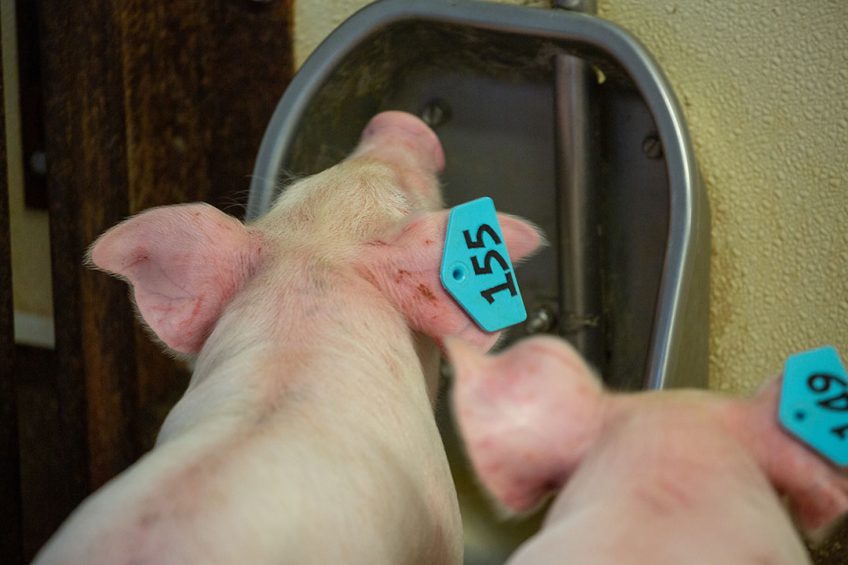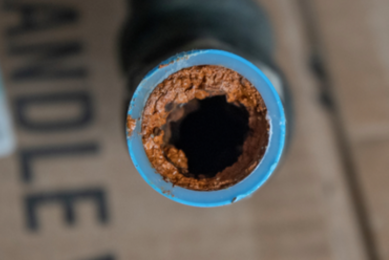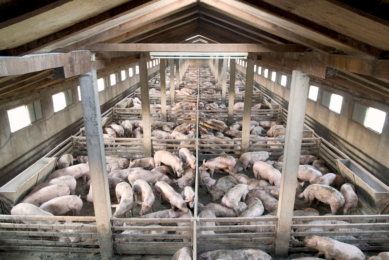Is Minnesota’s water quality good for weaners?

Because some Minnesota pork producers have recently observed suboptimal performance of nursery pigs and suspected it may be due to poor water quality, a University of Minnesota research team has looked into it.
Water is understood to be very important to the health and performance of pigs, and its quality can differ in terms of total dissolved solids (TDS), pH, hardness, sulfates, nitrates, presence of bacteria, viruses and/or parasites, and more.
Dr Lee Johnston is study lead and professor of swine nutrition and management at the University of Minnesota. In correspondence with Pig Progress, he noted that “the nuances of water quality are rather subtle in many cases, making it difficult to document differences in performance”.
Range of water quality for nursery pigs
To do the study, Prof Johnston and his colleagues first determined the range of water quality received by nursery pigs in almost 50 barns across Minnesota through an online survey. They then did water testing at 15 select barns. The next step was to create 3 water treatments:
- one to represent good quality (very low in sulfates, TDS, calcium etc.);
- one of poorer quality (higher concentrations of these materials); and
- one of quite poor quality (even higher concentrations).
Nursery pigs can adapt
The 3 treatments were given randomly to groups of weanling pigs (all tested for several diseases and determined to be healthy) on one commercial farm in Minnesota over 40 days, but among the treatments, no differences in pig growth performance or health status were found. This seems to show that nursery pigs can adapt to drinking water with a wide range of characteristics.
Cleanliness of water distribution system
However, the researchers noted that in a commercial setting, cleanliness/maintenance of the water distribution system can influence the quality of water delivered to the pigs, and the health status of the piglets and more can impact on their response to the water they are given.

High sulfate concentration
For instance, Prof Johnston noted that water with high sulfate concentration often induces scours in nursery pigs. “If pigs were affected with E. coli scours, would a high sulfate water exacerbate the scours and increase the degree of dehydration in pigs compared with a low-sulfate water that does not induce scours?” he asked. “Interactions such as these have not been studied to our knowledge.” Prof Johnston added that there may be other unknown interactions between water and gut permeability, and ultimately pig health.
Limits to pig adaptability
In terms of what producers should take from the study, Prof Johnston said they should understand that while commercial pigs are fairly adaptable to differences in water quality, there are likely limits to that adaptability. But in this study, those limits were not found because the ‘worst’ water treatment was not bad enough to produce a negative impact.
Looking forward, Prof Johnston said the biggest challenge in this area of research is determining what characteristic(s) of water have the largest effects on pigs and at what threshold the effects can be observed.
Evaluating water quality fed to pigs
“There is not controlled, scientific data published that defines these characteristics and thresholds for pig producers to evaluate the quality of water fed to pigs,” he noted. “These quality questions apply to the source of water and the water that is presented to the pig at the drinker,” which may be affected by the farm’s water distribution system.












